Zimbabwe: A Losing Game As Long As Mugabe Holds All the Cards
Business Day (Johannesburg)
OPINION
April 10, 2007
Posted to the web April 10, 2007
Karima Brown
Johannesburg
WHEN Father Oskar Wermter of the Catholic communications secretariat in Harare said at the weekend that "oppression is not negotiable, it must stop before there can be any dialogue," he summed up a very basic requirement if engagement between the government and the opposition in Zimbabwe is to bear any fruit.
A pastoral message penned by the Catholic Bishops' Conference in Zimbabwe, posted at churches around the country, expresses grave concern over the thuggery that passes for political process in Zimbabwe. "As the suffering population becomes more insistent, generating more and more pressure through boycotts, strikes, demonstrations and uprisings, the state responds with ever harsher oppression through arrests, detentions, banning orders, beatings and torture," the letter reads.
The concern not only highlights the continued violence, beatings and intimidation that have come to characterise Zanu (PF)'s political culture, it exposes the weakness of President Thabo Mbeki's insistence that there be "no preconditions" to proposed negotiations in Zimbabwe following the renewal of his mandate as facilitator by the Southern African Development Community.
That there must be dialogue between Zanu (PF) and all the factions of the movement for Democratic Change (MDC) and other civil society formations is not disputed. But as in any negotiating process, levelling the playing field is crucial if the negotiations are to have any credibility, especially when power is disproportionately concentrated in the hands of any one of the parties involved in the conflict, as is the case in Zimbabwe.
As the ruling party, Zanu (PF) has total control over the apparatus of the state, including the police, intelligence services and the army and, judging from reports, it has deployed these forces in its political war against the opposition with a large degree of impunity. One would have thought that as a part of the African National Congress (ANC) negotiating team during negotiations with the apartheid state prior to 1994, Mbeki, of all people, would know this. I wonder how Mbeki proposes the MDC negotiates with Zanu (PF) when government-aided goons beat up citizens at rallies and throw them in jail for holding demonstrations. How does one conduct talks with a government that thinks it is a democracy because it went through the charade of holding fraudulent elections?
Ironically, Mbeki pondered the same point in a recent interview with the Financial Times, when he said: "You see, President Mugabe and the leadership of Zanu (PF) believe they are running a democratic country. That's why you have an elected opposition, that's why it's possible for the opposition to run municipal government (in Harare and Bulawayo)."
In that same week, MDC leader Morgan Tsvangirai (also beaten up by Mugabe's henchmen) said Mugabe had attempted to "behead" the opposition movement and that any dialogue between the MDC and government needed to be "transparent".
And while Mugabe and his cohorts might want to extract political capital from the US state department's candid admission that it was "assisting" opposition groups in Zimbabwe as proof of their long held belief that their political woes are all really as a result of an "imperialist conspiracy" orchestrated by the west, South African diplomats know that flagging "foreign involvement", as Deputy Foreign Affairs Minister Aziz Pahad tried to do a couple of weeks ago, is nothing but a red herring.
Surely SA, which received generous aid and solidarity from governments and organisations around the world during its freedom struggle, cannot complain about the involvement of "foreign" forces in Zimbabwe. Moreover, given our own recent cosy relationship with the "imperial west", the argument becomes even more bizarre. For those who have forgotten, SA was as recently as last year party to the US practice of rendition, when the government deported Khalid Mahmood Rashid to Pakistan. Respected investigative journalist Stephen Grey eloquently outlines SA's shady involvement with America's so-called "war on terror" in the preface to the South African edition of his book, Ghost Plane. "It emerged that Rashid's deportation was no ordinary transfer. Seized in a raid, and given no opportunity to make any legal kind of challenge, Rashid was bundled on board an executive Gulfstream II jet and flown away from the Waterkloof air base outside Pretoria. It was a real surprise that such a liberal South African government should take no account of the fate that awaited Rashid in a Pakistani prison."
Foreign policy, whether in the case of Zimbabwe or the Middle East, simply cannot be conducted outside the rule of law and democratic principle.
--Brown is political editor
Yahoo! Mail is the world's favourite email. Don't settle for less,
sign up for your free account today.



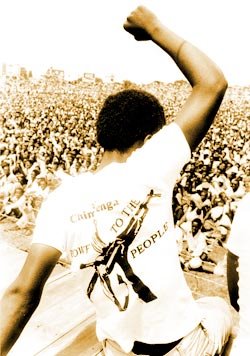
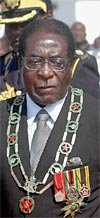
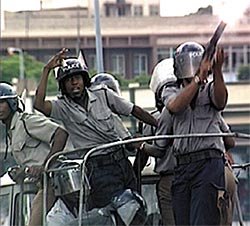




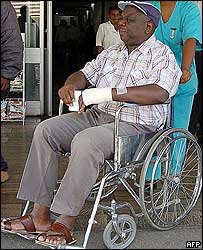
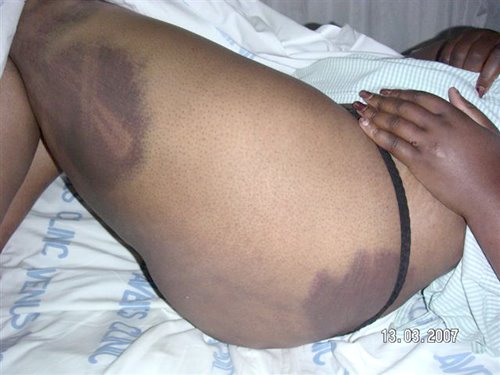
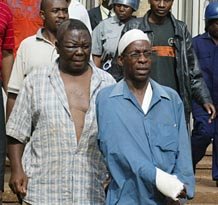
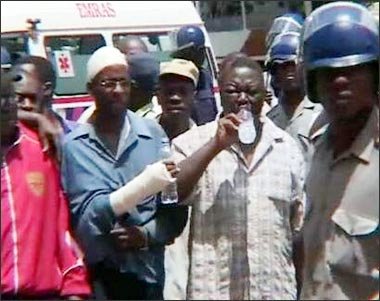
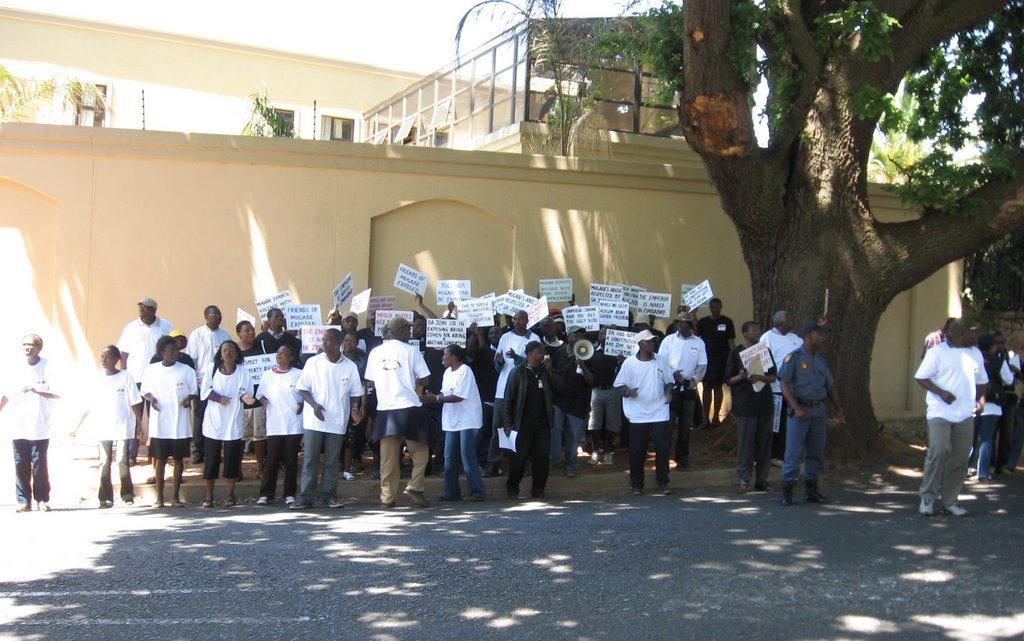
No comments:
Post a Comment